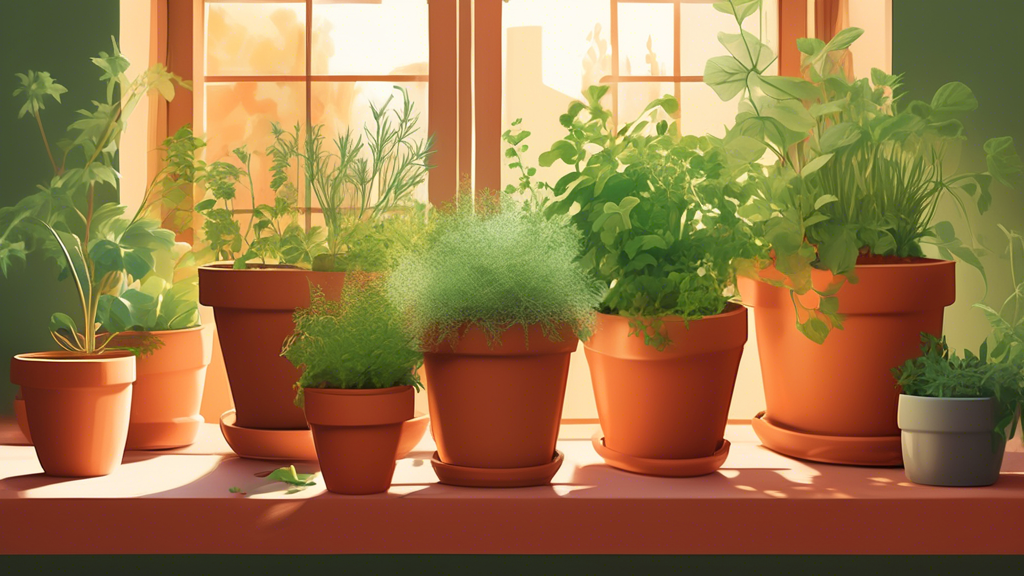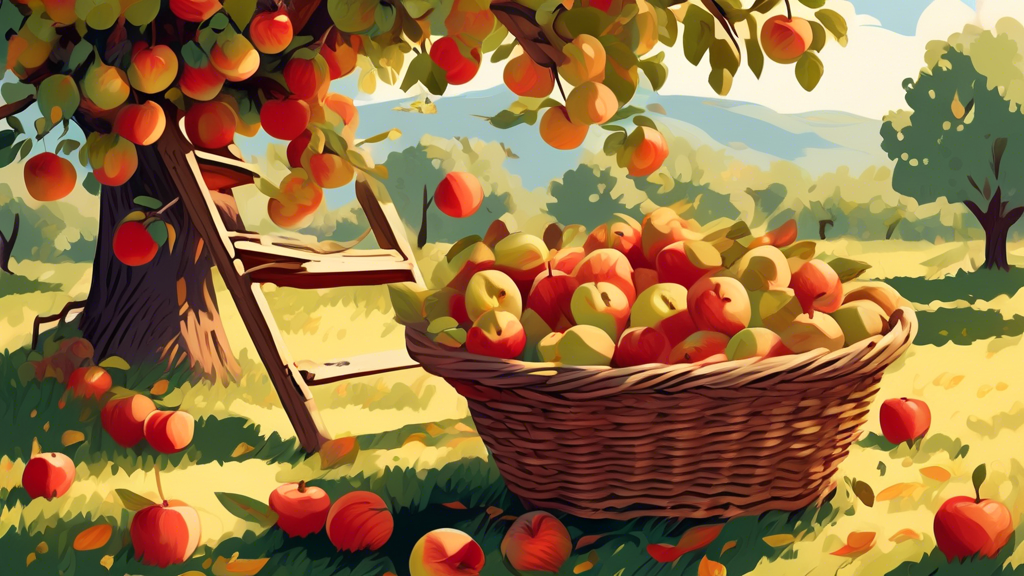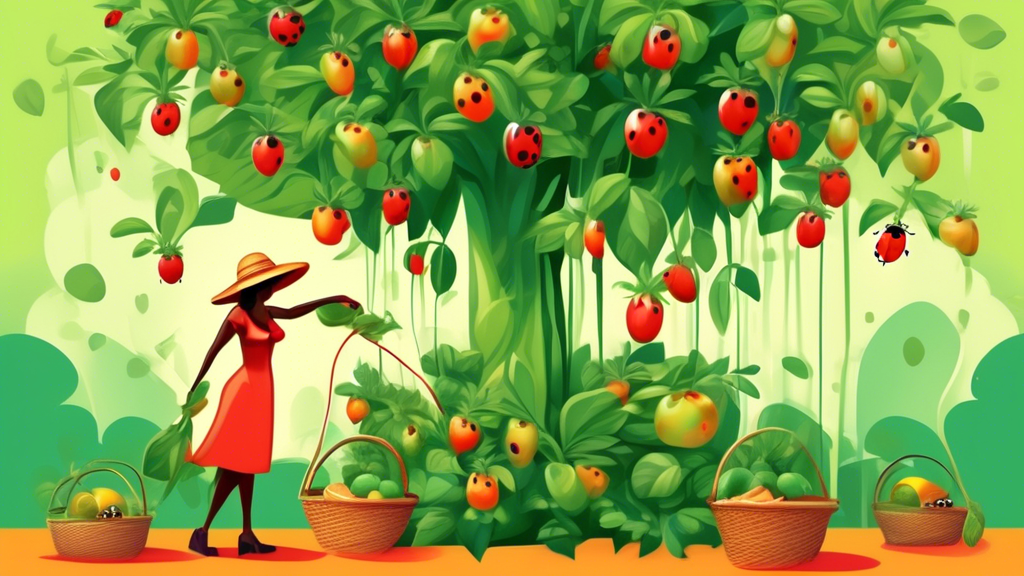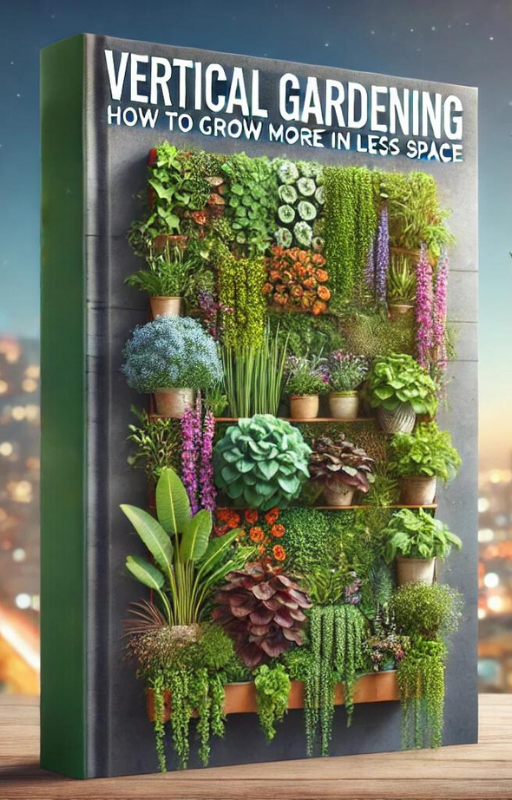
Why Choose Organic? The Flavor and Environmental Payoff
The Flavor Difference: Why Organic Herbs Taste Better
Synthetic fertilizers force rapid, water-heavy growth, which dilutes the essential oils that give herbs their signature aroma and taste. Organic practices, by contrast, encourage plants to develop these complex, concentrated oils as a natural defense mechanism, resulting in a far superior and more robust flavor profile in your kitchen.
Beyond Pesticides: The Holistic View of Sustainability
True sustainability in a home garden extends beyond merely avoiding chemicals. It encompasses a holistic system focused on building soil health, conserving water, supporting local pollinators, and creating a closed-loop ecosystem where waste is minimized and resources are regenerated.
Challenges for Conventional Herb Growers
- Weak, Leggy Plants: Often a result of poor soil structure and incorrect light conditions.
- Pest Infestations: The constant, frustrating battle with aphids, spider mites, and whiteflies.
- Lack of Flavor: Herbs that look vibrant but taste surprisingly bland.
- Chemical Reliance: The underlying worry about using synthetic products near the food you eat.
Core Sustainable Practices for Your Organic Herb Garden
Building Living Soil: The Foundation of Flavor
Healthy soil is a living ecosystem, not just dirt. Amending your garden beds with homemade compost and nutrient-rich worm castings provides a steady, natural food source for your herbs. A unique and powerful component is the introduction of mycorrhizal fungi. These beneficial fungi form a symbiotic network with plant roots, acting as a vast extension of the root system. This partnership dramatically increases the plant’s ability to absorb water and nutrients, leading to healthier, more drought-resistant, and intensely flavorful herbs.
Water Wisdom: Conservation and Deep Rooting
Efficient water use is a cornerstone of sustainability. Drip irrigation or soaker hoses deliver water directly to the root zone, minimizing evaporation and preventing fungal diseases on leaves. A thick layer of organic mulch, such as straw or shredded leaves, conserves moisture, suppresses weeds, and slowly breaks down to feed the soil.
Natural Pest & Disease Management
Instead of fighting nature, work with it. Companion planting—like growing basil near tomatoes to repel flies—uses plant relationships for mutual benefit. Encourage a population of beneficial insects, such as ladybugs and lacewings, which are natural predators of common pests. For direct intervention, DIY sprays like neem oil or simple soap solutions can be effective.
Seed Saving and Propagation: The Ultimate Sustainability
Closing the loop in your garden is the pinnacle of sustainable practice. Learn to collect seeds from herbs like cilantro, dill, and basil at the end of their season. Many perennial herbs like mint, rosemary, and thyme can be easily propagated from cuttings, giving you an endless, free supply of new plants.
Organic vs. Conventional: A Direct Comparison
A Side-by-Side Look at Methods and Outcomes
| Aspect | Conventional Method | Organic Method |
|---|---|---|
| Fertilizer | Synthetic, quick-release | Compost, Manure, slow-release |
| Pest Control | Chemical Pesticides | Companion Planting, Beneficial Insects |
| Soil Health | Treated as an inert medium | Treated as a living ecosystem |
| Long-Term Impact | Soil depletion and runoff | Soil enrichment and regeneration |
| Flavor Profile | Often milder, diluted | Typically more robust and complex |
Frequently Asked Questions (FAQs)
Is organic herb gardening more work?
It’s a different kind of work. It requires more initial setup and knowledge—like building healthy soil—but often results in a more self-regulating, resilient, and lower-maintenance garden over the long term as the ecosystem finds its balance.
Can I practice organic gardening in containers?
Absolutely! The principles are the same. Use a high-quality organic potting mix, ensure your containers have excellent drainage, and feed your plants with organic liquid fertilizers like compost tea or fish emulsion.
What are the easiest herbs to grow organically for beginners?
Basil, Mint, Chives, Rosemary, and Oregano are fantastic choices for novices. They are generally robust, pest-resistant, and thrive with basic organic care, providing quick rewards and building confidence.
How do I deal with a major pest outbreak without chemicals?
First, physically remove pests with a strong blast of water from a hose. For persistent issues, apply a horticultural soap or neem oil solution. For a long-term solution, focus on attracting or introducing beneficial predator insects and improving the overall health of your plants, as stressed plants are more susceptible to pests.






